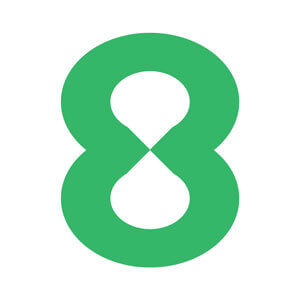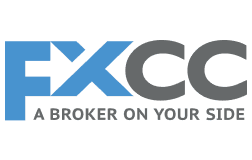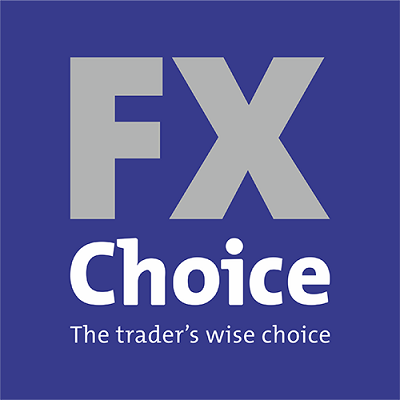Traders inclined toward speculating on world currency values enjoy the benefit of many available avenues to facilitate that inclination.
One of the choices of which they may wish to take advantage regards the decision of whether to trade Forex in either the spot market or through the use of Forex futures contracts.
Best Canadian Forex Broker List

easyMarkets

Blackbull Markets

Eightcap

ForTrade

Avatrade

LegacyFX

FXCC

FPmarkets

FX Choice
There are some differences involved worth considering and it is not uncommon for new traders to experience confusion regarding which path to follow should an either/or decision be necessary.
Brokers and other proponents of one method versus the other contribute to new trader confusion by tailoring the information they provide so as to tilt the balance in their favor. Traders often find themselves on the receiving end of seemingly contradictory facts.
There are sources of objective information.
A broker that handles both spot Forex and Forex futures transactions will explain the differences, hopefully in a fashion that provides enough clarity to sweep away confusion and supply a clear indication of the proper choice for any particular individual’s circumstances.
What follows is our effort at supplying this clarity.
You can spend hour upon hour trying to make the decision over trading Spot Forex or Forex futures.
This can be compounded if you visit any online forums where it seems that most comment posters feel compelled to engage in hairsplitting arguments, grinding personal axes and presenting opinions as facts.
This is completely unnecessary, along with being a complete waste of time.
Here are the significant differences, and we will admit upfront that it is easily possible that there are circumstances where the differences between spot Forex and Forex futures amount to a tempest in a teacup.
Difference number one: In spot Forex, you pay the spread to your broker as your cost of accessing the currency market. With Forex futures, you pay a commission.
All you want to determine is which one gives you what you want for the lowest total cost.
If you’re spot Forex broker charges you a two pip spread on a currency pair and you have a winning trade that makes 10 pips, you have a 20% transaction cost. If you’re new and making small currency unit trades, for example 100 units where one pip of a major currency pair such as the EUR/USD is equal to one cent, your trade made $.10, you paid your broker two cents and the remaining eight cents is yours. Two cents is nothing, but an advocate of Forex futures would hype the 20% figure as being exorbitant.
The same trade with the futures merchant might cost you way more in a flat rate round turn commission fee structure, to the degree that your 10 pip winning trade actually loses money.
Are you getting the sense here of the truth of Mark Twain’s statement, “There were two types of liars: damned liars and statisticians.”?
Difference number two: Forex futures contracts expire, spot Forex transactions do not.
Most Forex traders do not hold trades for long time periods, but you may want to avoid trading a Forex futures contract that is about to expire. If you’re wrong on market direction, you must either accept the loss and close the trade, or you must roll the trade into a new contract period.
Remember, commissions are added to losses and rolling to a new contract will entail an additional cost.
This is not an issue with spot Forex. If your account equity is equal to the task, you can ride out drawdowns until prices return to the place where you entered the trade. With Forex futures, you may run out of time before this happens.
Life and death? Not really, but the less mental energy you expend on this detail, the more you will have to devote to your primary activity: figuring out what prices are doing and whether to go long, short, exit a profitable or losing trade, or avoid trading entirely because of the lack of any clear direction of currency prices.
Difference number three: Forex futures require a larger initial margin deposit than spot Forex.
How much larger?
Most futures brokerages have a minimum day trading margin requirement of $300-$500 per contract. If you want to trade 10 contracts, you need an initial margin deposit of $3000-$5000.
But not so fast.
A new trader, or even a seasoned one, should not risk more than 2% of their total margin on any one trade. All of a sudden, trading 10 Forex future contracts with an adequate margin of safety, you need $30,000-$50,000 in your account.
With spot Forex, you not trade contracts, you trade currency units. You can trade 10-100 unit transactions of the EUR/USD for around $300 of initial margin.
Again, following the same 2% of total equity risk rule, you should plan on having an initial margin deposit of $15,000 to provide the proper margin of safety.
Keep in mind that there is no law requiring you to trade 10 futures contracts or 10-100 unit spot transactions.
You can, and should, trade much smaller quantities initially.
Just be aware that in order to have the freedom to maneuver, in the case of both winning and losing trades, you need to have substantially more in your trading account than the minimum.
Conclusion
We hope this brief treatise on spot Forex versus Forex futures has helped remove some of the mystery and cut through some of the marketing hype surrounding the subject.
Ultimately, your task is to determine, based on your available risk capital, how to trade currency at the lowest possible cost to you.
An hour or two examining different trading scenarios and their associated costs is all it will take to reveal whether paying a spread to trade spot Forex or a commission to trade Forex futures is in your best interests.